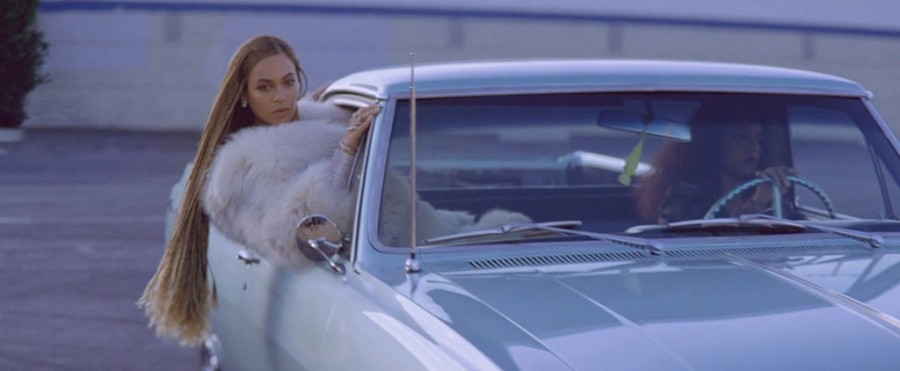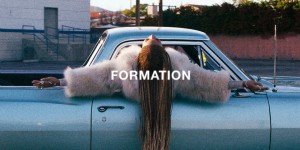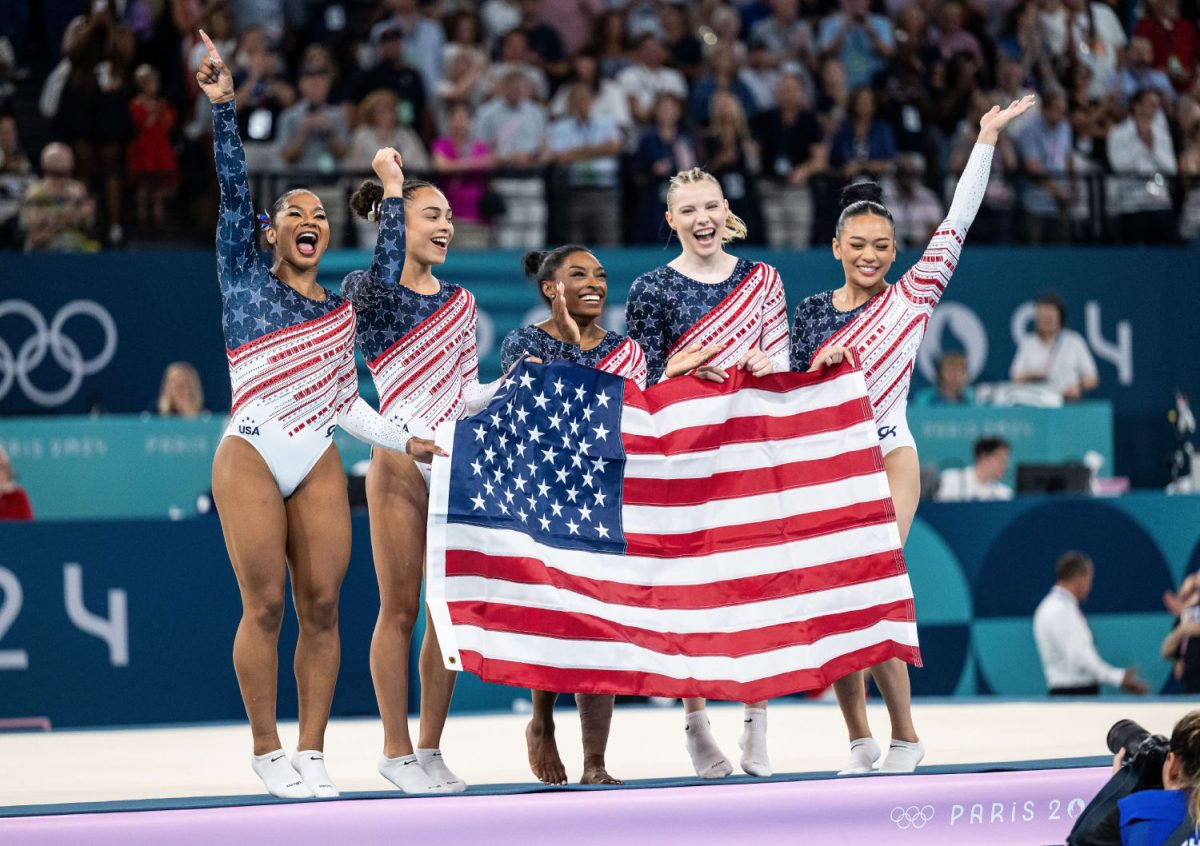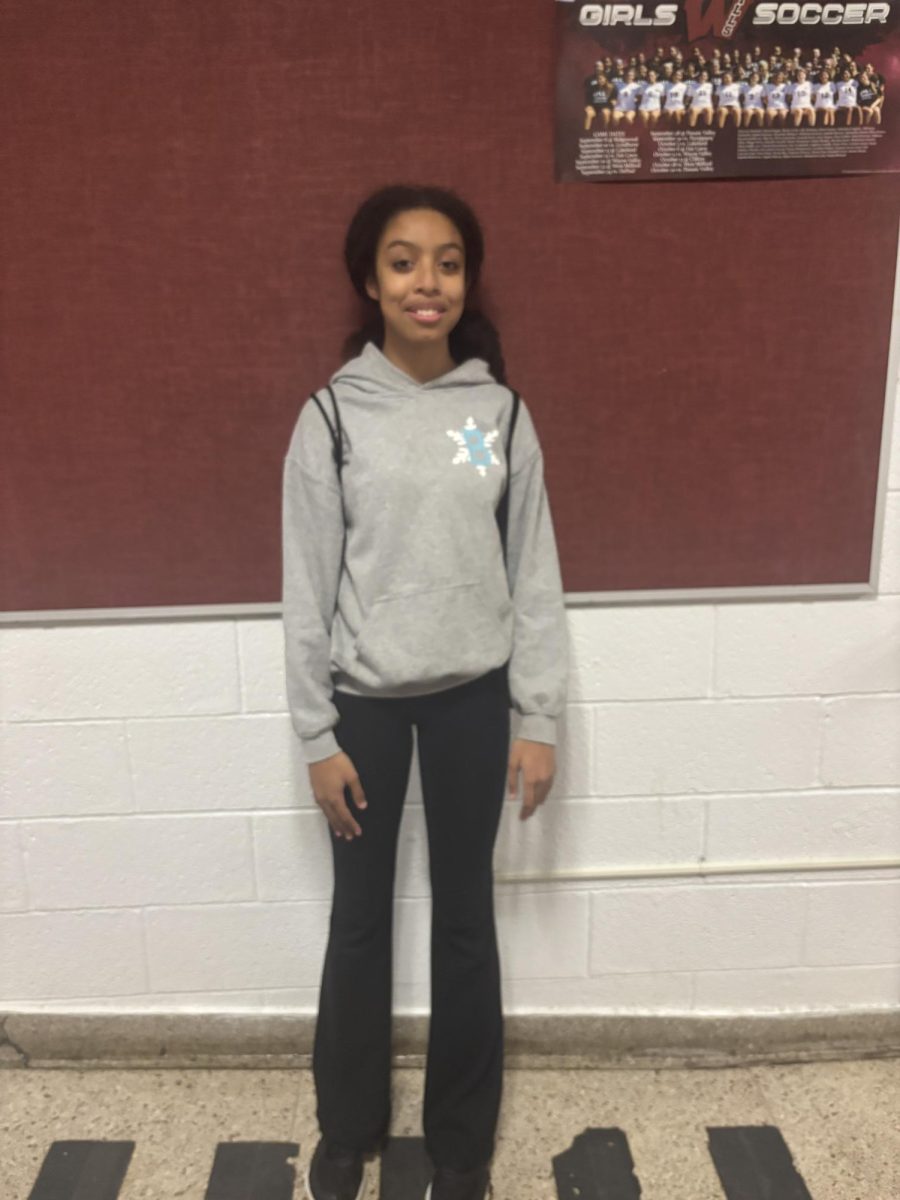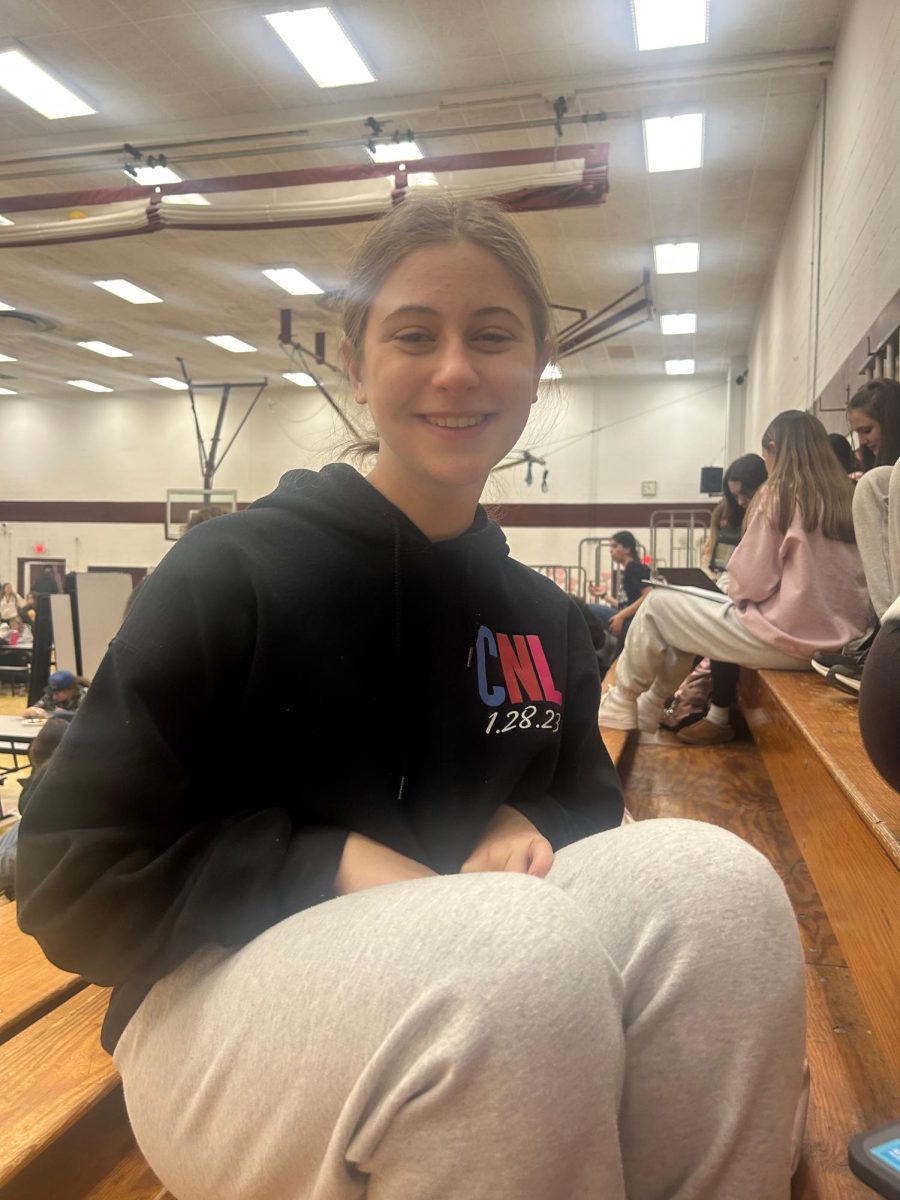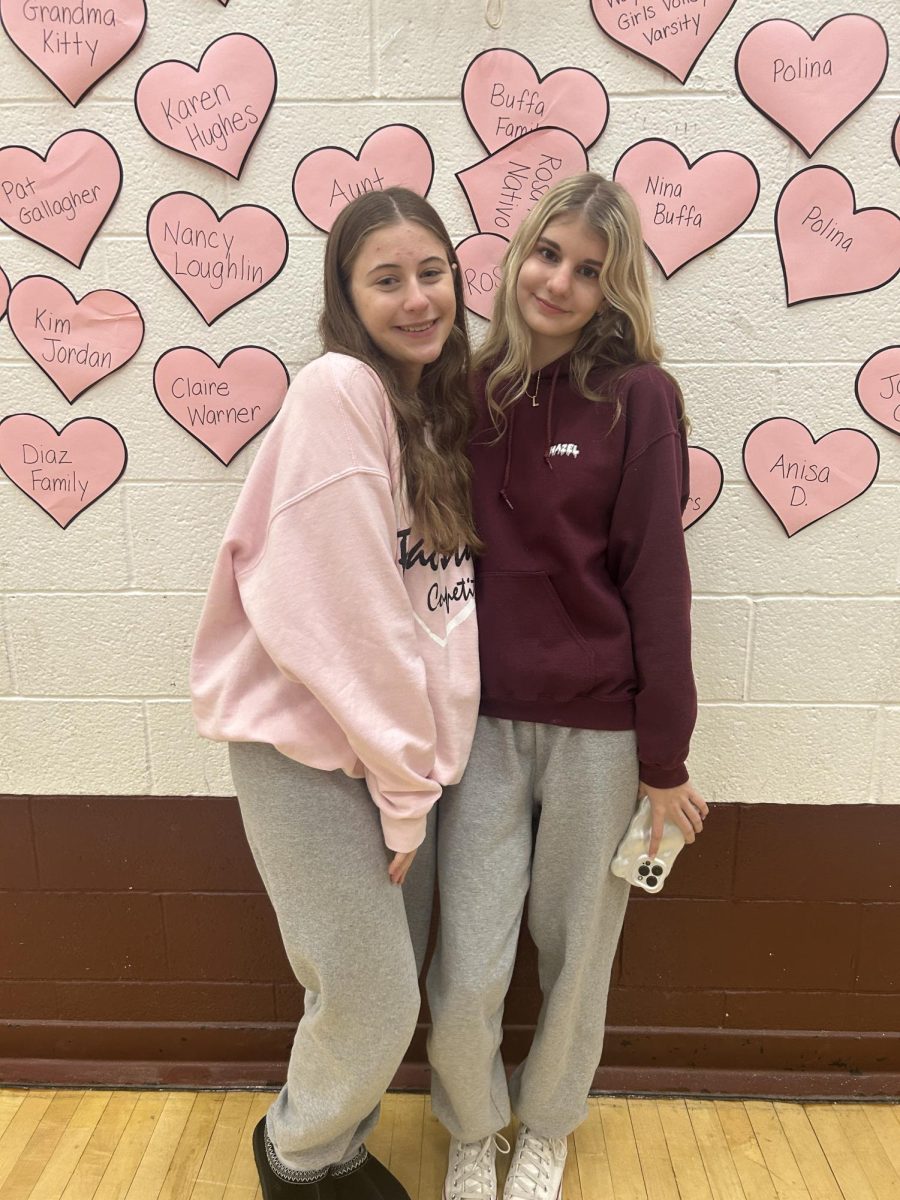Why I Am (And Always Will Be) In “Formation”
February 22, 2016
Beyoncé, if nothing else, has created a visual masterpiece with her new music video, Formation. In the video, Beyoncé manages to submerse the audience with major events and aspects of black culture while still introducing clips of her in designer clothes with intensive choreography.
However, Formation is much more than a visual masterpiece.
Beyoncé is not a mere figurehead in pop culture, she is a black woman, a 34 year old mother who is aware of the world around her. Being in the public eye, Beyoncé is aware of the social norms, standards, and injustices enforced upon the black society because she has experienced it first hand.
Formation is a not-so-subtle nod towards not merely the #BlackLivesMatter campaign, but a nod to the neglected black culture in the media.
Beyoncé sings in the song “I like my baby hair, with baby hair and afros. I like my Negro nose with Jackson Five nostrils”. Earlier in the year, there was a controversy over people claiming that Beyoncé was not caring for her child because her child had natural, curly hair (as opposed to a weave or a wig). People attempted to push the social norm of black women needing to conform to straight hair as opposed to their natural hair on her daughter, Blue Ivy, who was 3 years old at the time.
At this point, I knew that Beyoncé was not merely throwing situations and injustices into her songs for controversy, for views, but because she had experienced these situations herself.
Beyoncé finally decided to defy the injustices of a society whose cruel words have impacted her personally. She created an anthem telling black women (and black people in general) that they are beautiful, their hair and noses included.
However, this portion of the song doesn’t seem to be the problem.
The music video features short glimpses of a young black boy dancing in front of the police, Martin Luther King Junior, graffiti on the walls saying “stop shooting us”, and Beyoncé herself sinking on a cop car.
Honestly, I don’t understand why people are so upset about even these portions of the music video.
She released a video featuring black culture in Black History Month, featuring the some important events and movements that impacted their community. Evidently, the recent light of police brutality towards black people is an important movement to their community, so why should it not be featured?
Also, Beyoncé was not aggressive in her music video.
She did not feature a black boy shooting police officers, she showcased a black boy dancing in front of police officers. She didn’t have a graffiti sign that said “f*** the police”, she had one that said “stop shooting us”.
There is a huge difference between cursing at authority and asking them to not shoot you.
Even so, my personal opinion is that people have a problem with this video because it nods to the #BlackLivesMatter movement, which many people oppose. The reason why many people oppose this unit is because first of all, many people don’t understand the struggle and prejudice that black people face in all situations. But also, people feel that giving the black culture too much attention invalidates their own lives.
Thus, we come to the #AllLivesMatter movement.
And yes, while all lives matter, that is not the point of the movement. When someone says “save the rainforests”, they’re not saying that all other forests should be burned down. They’re simply claiming that the rainforests are being targeted and are endangered, so they need special attention at that moment.
Beyoncé strategically chose to publish the video the day of Trayvon Martin’s birthday, a young boy who died too young from an incident of police brutality.
Is Beyoncé expected to conform to society, to support the killing of her people? To not advocate for the lives of her fellow black friends?
In the end, the #BlackLivesMatter movement is not against police officers, it is against police officers unjustly killing black people.
Beyoncé created a visually beautiful video, sending a message that black culture and black lives matter, which modern society neglects to do.

